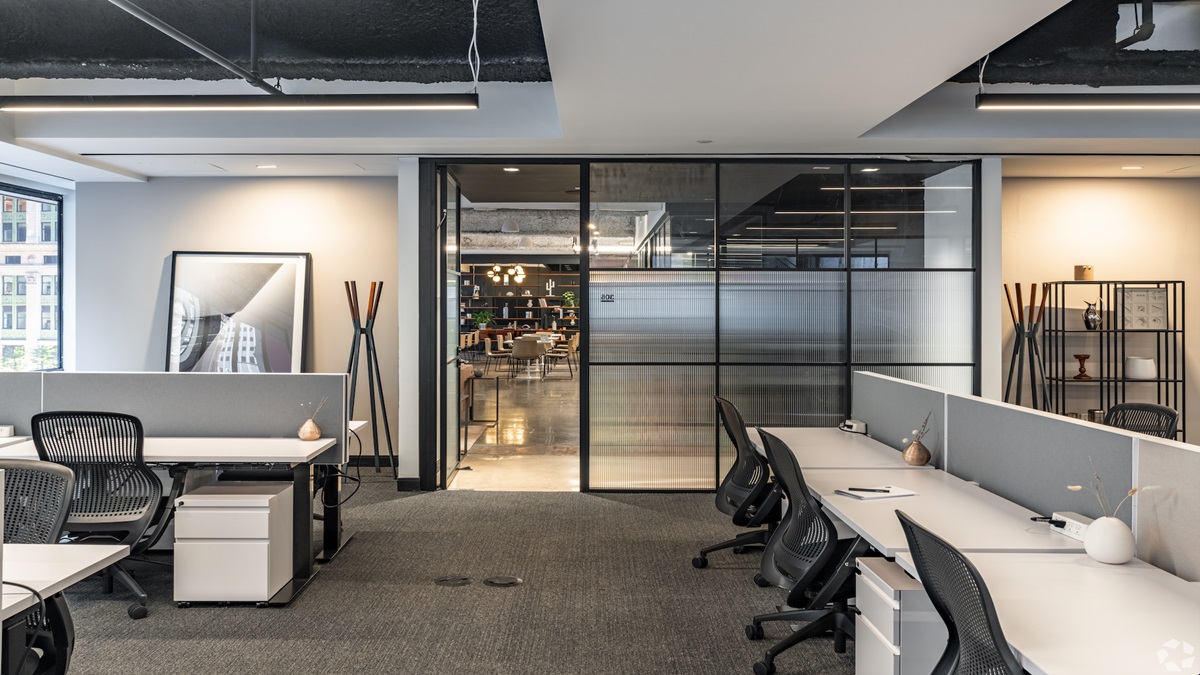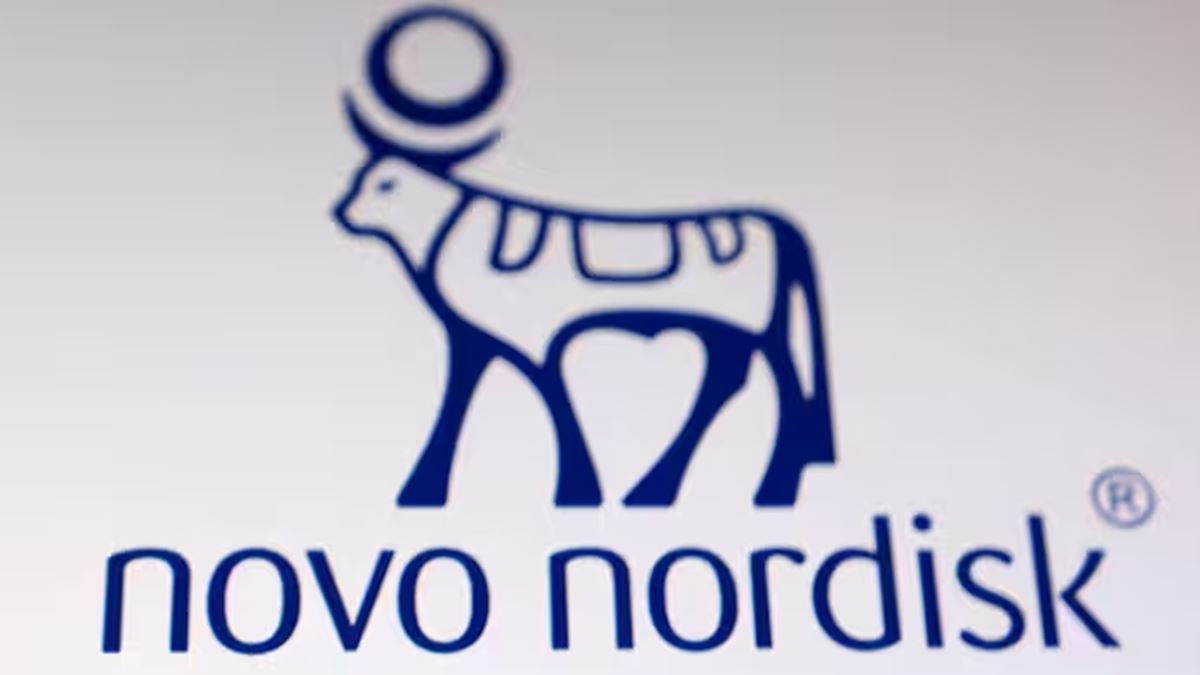A new career trend is leaping through the workplace. Job hoppers are being called “Office Frogs.” This new label describes how Gen Z workers are embracing a “hop-on, hop-off” approach to their careers, “office frogging” from one employer to the next for new opportunities. Experts insist that changing jobs shouldn’t always be frowned upon, arguing that there are pros and cons to “office frogging.”
Why ‘Office Frogging’ Is Trending
Gen Z has been labeled “office frogs”–a new term to describe the youngest working generation, jumping from one job to another, like frogs hop from lily pad to lily pad. According to Peter Duris, CEO and co-founder of AI-based career app Kickresume, “Office frogs refer to employees who don’t stay in the same job for too long. These ‘office frogs’ are usually Gen Z and aren’t afraid of taking a leap (or hop) of faith.”
But it’s not always Gen Z refusing to commit to one job for years. “Job hugging” isn’t the right move for everyone. Gen Z isn’t the only generation that’s “office frogging.” Gallup reports that 48% of U.S. employees are seeking new roles, and job-hopping has become a defining feature of modern career paths.
Just this week, Culture Amp’s Mid-Year 2025 Benchmark Data from3.3 million employees in 4,600 companies, shows that nearly half of employees are eyeing the exit, employee engagement has declined and pride is down four percent since 2022. “The data tells us that while employees are becoming more skilled at managing boundaries and achieving goals, they’re simultaneously experiencing declining trust in leadership and reduced motivation,” remarks Didier Elzinga, CEO and co-founder of Culture Amp.
Many career experts argue that employees can turn job hopping into a powerful career strategy. Duris agrees that office frogs may just be doing what’s best for themselves and their careers. “Often employees may find they aren’t learning anymore or are growing bored with their current roles,” he notes. “Sometimes workers may need a chance to learn new skills and boost their salary—something that may only be possible with a new opportunity.”
To Leap Or Not To Leap: Pros & Cons Of ‘Office Frogging’
Traditionally, millions of American workers have stayed in dead-end careers and jobs they hate, partly because their job security was on shaky ground. Another reason is recruiters in the past discouraged workers from job-hopping because it was looked upon as unstable and irresponsible. Not to mention that the stress of job hunting often leads to additional mental health stressors for applicants.
But the tides are changing. As workplace instability cause worry and anxiety to reach an all-time highs, more job hunters are finding that taking the leap can be more rewarding than staying neatly tucked inside their comfort zones.
According to Duris, there are many benefits to progressing with the same company, and it shows dedication and commitment on your resume when finding future roles. But he also believes “office frogging” might be the best course of action for some people.
Rather than staying with one company, office frogs may find that moving between multiple jobs is the best and easiest way to improve their skills and their salary.”He adds that it’s worth taking the time to weigh the pros and cons of moving to another job before taking the leap and offers tips for employees:
- Be mindful of how job hopping might look. Duris points out that being an office frog has its advantages, adding that it’s important to remember how this may come across to employers when they look at your resume. “One way to counteract this is to turn your job hopping into a strength, and explain why you chose to leave your previous roles,” he states. “This gives you a chance to talk about the skills you’ve picked up and any achievements you’ve accomplished.”
- Make sure each role is worth the move. Jumping from job to job may not pay off if you don’t move for the right reasons, Duris cautions. “If your current role still offers learning opportunities, or if a potential new role doesn’t provide many new skills, it may be worth staying where you are.”
- Don’t speak badly of your old employers. During interviews, Duris recommends that it’s best to focus on the positives of your previous roles and what you learned and achieved rather than what you didn’t. He advises to never speak badly about any part of your old job, as it could deter potential employers.
Tips For Employers On Dealing With ‘Office Frogging’
Duris believes businesses may be able to encourage employees not to ‘hop’ away, offering tips for employers on how to help prevent high turnover rates.
- Offer competitive salaries. Duris suggests that one of the main motivators for office frogs is the pay increase that often happens when accepting a new role. To help keep your best employees, he believes it may be worth offering salaries that are competitive to what’s out there.
- Reevaluate your benefits package. To increase your team’s job satisfaction, Duris says it could be worth looking into how to expand your benefits package. “The perks and benefits of a job is typically one of the main reasons employees choose to stay. So making sure you offer a comprehensive package could make a difference.”
- Encourage a supportive and social culture. Beyond better pay and benefits, working to improve your company’s culture can also be beneficial, according to Duris. He advises that you should encourage a healthy work-life balance and create social events to help your teams bond and socialize. Her explains that this could help boost the mood of your employees and encourage them to stay.
A Final Wrap On ‘Office Frogging’
To assess a company’s stance on “office frogging,” experts advise that you research an organization’s industry norms, especially in sectors like tech where flexibility is often valued. They further suggest that you examine job postings, the company’s digital footprint and leadership backgrounds for signs of openness to diverse career paths.




















